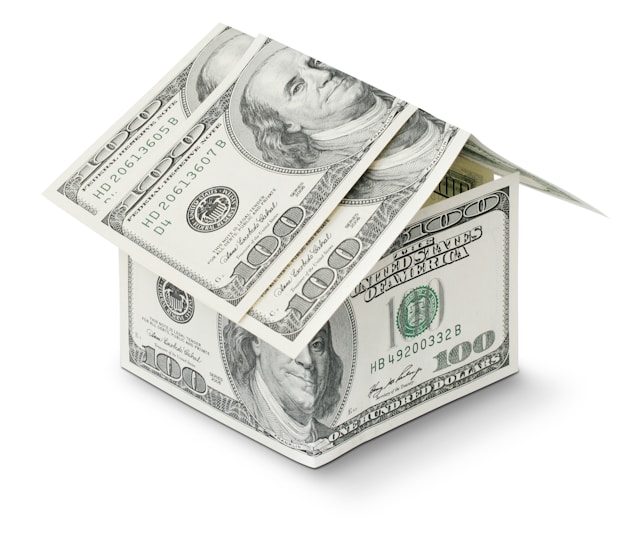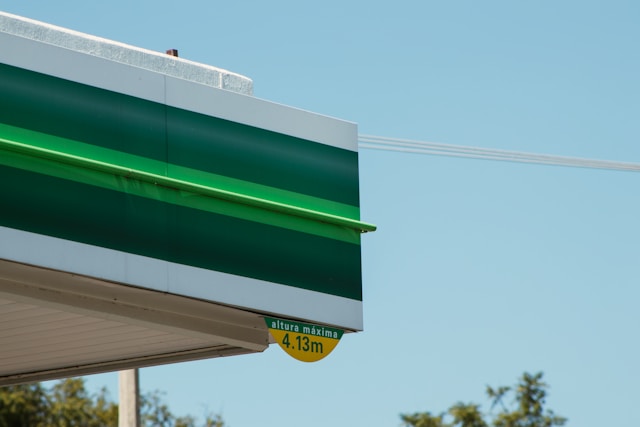The move towards more sustainable practices across industries is a testament to the growing awareness of environmental issues and the urgent need to address them. In packaging, particularly for food products, shifting from traditional materials like plastic to more eco-friendly options is a significant step forward. Cardboard food boxes have emerged as a popular and practical solution among these sustainable choices. They offer a viable way to reduce the carbon footprint and are in line with the growing demand from consumers for eco-friendly items. This article will delve into their environmental benefits, shedding light on why they are essential to eco-conscious packaging strategies.
Reduced Carbon Footprint
One of the most compelling arguments for adopting them is their lower carbon footprint than plastic and other non-biodegradable materials. Cardboard, primarily made from recycled paper or sustainable forestry products, has a significantly lesser environmental impact during production. The manufacturing process of cardboard requires less energy and water. Because it is sourced from renewable resources, it contributes to a cycle of sustainability that is vital for environmental conservation. Furthermore, the energy consumed in recycling is much lower than that required for recycling plastics, emphasising its efficiency and sustainability.
Biodegradability and Compostability
Another significant advantage of such boxes is their biodegradability. Cardboard has a far smaller ecological footprint than plastics since it decomposes faster. Plastics can take hundreds of years. Adequately disposed cardboard packaging can break down in a composting environment in months, producing soil rich with nutrients that plants can use for growth. This feature helps reduce landfill waste and contributes to the circular economy by allowing the material to return to the earth and support new life.
Recyclability
Cardboard’s recyclability is a critical factor in its environmental benefits. They can be easily recycled, reducing the need for virgin materials and lessening the strain on natural resources. The recycling process for cardboard is well-established and efficient, capable of turning old boxes into new ones with minimal waste. This conserves resources and decreases the demand for landfill space, a growing concern in many parts of the world. By opting for cardboard packaging, businesses and consumers alike can play a part in reducing the volume of waste in landfills each year.
Energy Conservation
The production and recycling of cardboard boxes are highly energy-efficient processes. Making new cardboard boxes from recycled materials requires significantly less energy than producing new plastic or glass containers. This energy conservation is crucial in the fight against climate change, as it leads to reduced greenhouse gas emissions from industrial processes. Companies can lower their energy consumption and carbon footprint by choosing cardboard packaging, contributing to global efforts to combat climate change.
Reducing Plastic Pollution
Millions of tonnes of trash end up in the seas every year, threatening ecosystems and the lives of marine creatures; this is the result of plastic pollution, a critical environmental problem. They offer a sustainable alternative that can significantly reduce the amount of plastic waste generated. By replacing plastic containers and packaging with cardboard, people can lessen the impact on marine environments and protect biodiversity. This shift is not only beneficial for the planet but also aligns with the growing consumer preference for sustainable and environmentally friendly products.
The environmental benefits of using cardboard food boxes are clear and compelling. From reducing carbon footprints and conserving energy to promoting recycling and combating plastic pollution, cardboard packaging stands out as an eco-friendly solution. More and more firms and consumers are recognising the relevance of sustainable practices. This trend reflects environmental responsibility and a practical response to the urgent need for sustainable development. By choosing such boxes, people can significantly contribute to preserving the planet for future generations, ensuring that the actions today lead to a healthier, more sustainable world tomorrow.



